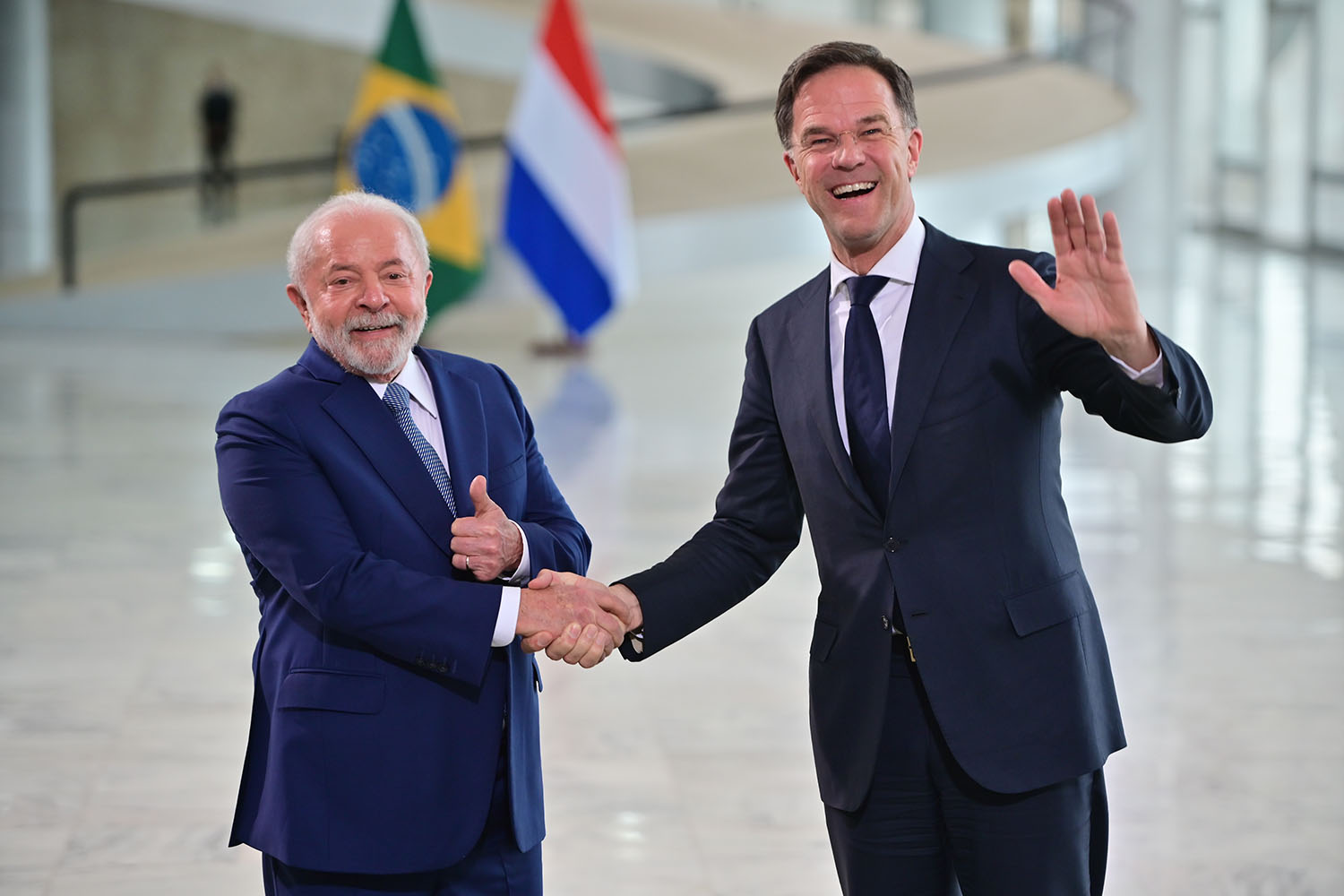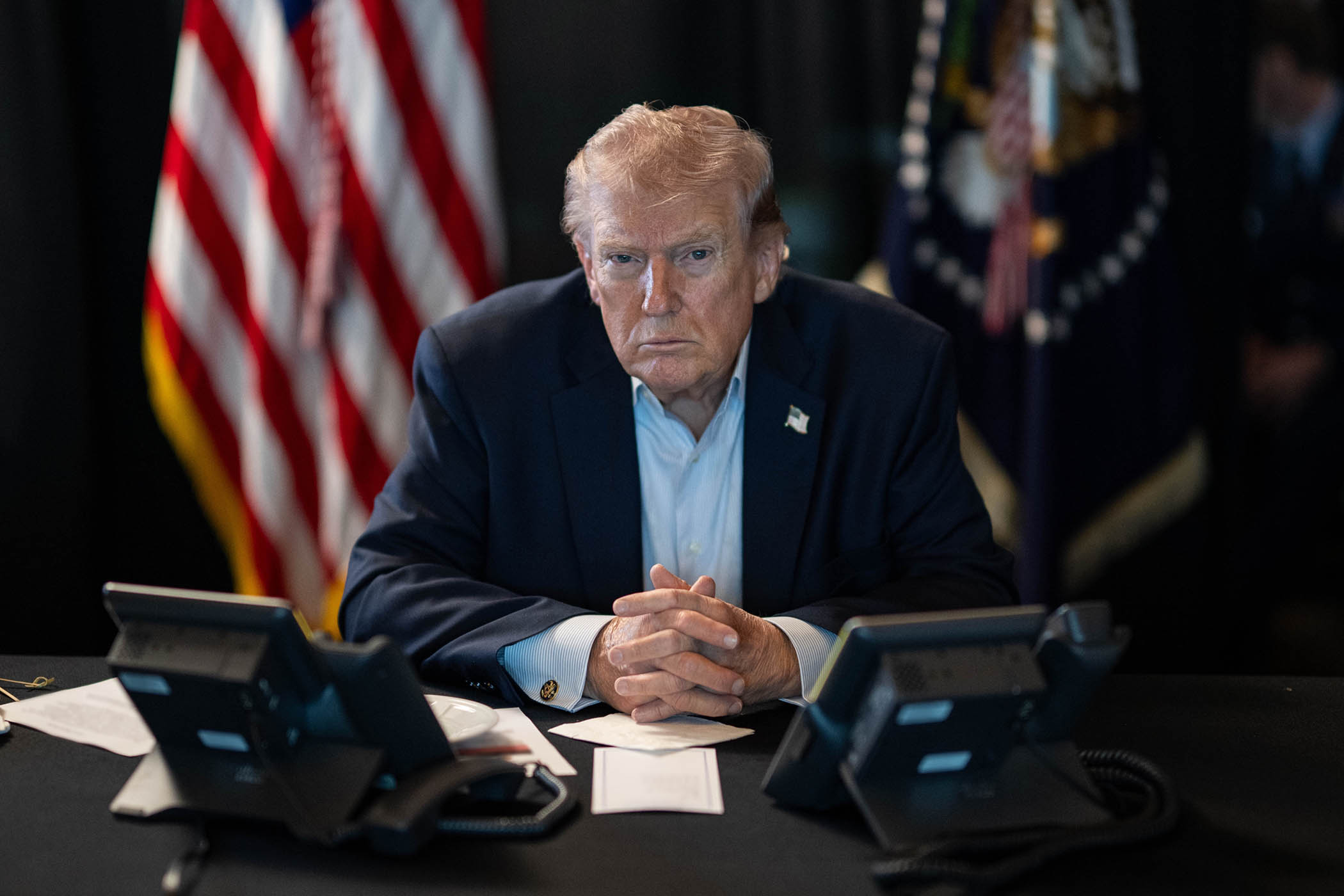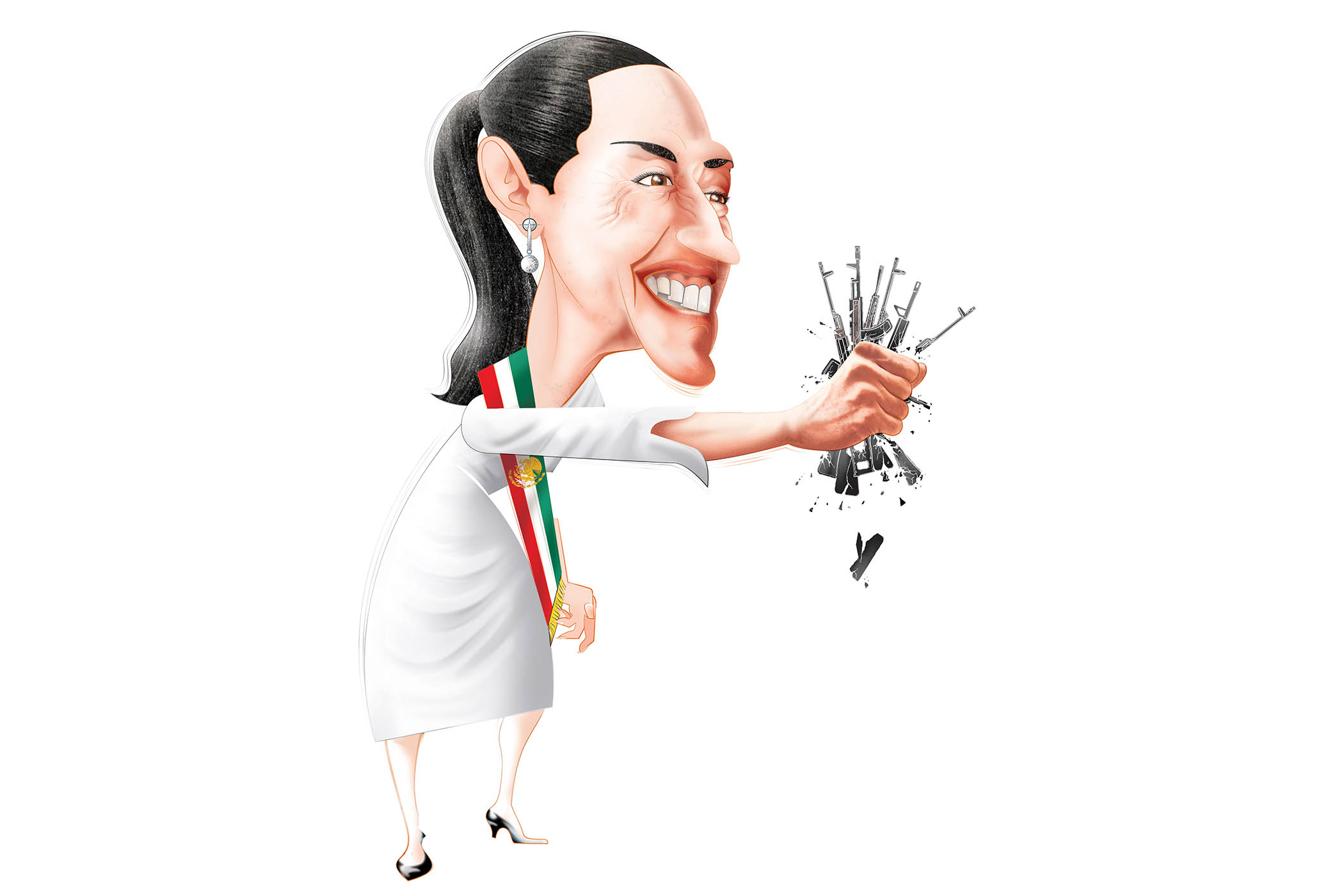Stand up or suck up? There are two choices world leaders face in dealing with Donald Trump, and last week provided supporters of both theses with the perfect argument for why they are right.
In Brussels, a triumphant Mark Rutte returned to Nato headquarters having secured the US president’s backing for a much-needed weapons deal for Ukraine. The sycophantic text message, the toe-curling reference to Daddy, the Trump-centred Nato summit – it was all worth it.
Almost 6,000 miles south-west, in Brasilia, Lula da Silva’s stock is also riding high thanks to Trump. His political rival, former president Jair Bolsonaro, is currently facing trial for allegedly plotting a coup to remain in power after his election defeat in 2022. Trump, a long-time supporter of the far-right Bolsonaro, deployed his weapon of choice – the threat of economy-ruining tariffs – unless the charges were dropped. By refusing to kowtow, Lula has seen his support surge.
For those like me, who would far rather see more standing up than sucking up, it’s easy to get swept away by Lula’s response. Stick by your principles, boost your popularity – what’s not to like?
But over the border in Colombia, the experience of Gustavo Petro shows how it can go badly wrong. In the early days of the second Trump presidency, the US tried to return two planeloads of migrants to Colombia. At around 3am, stung by reports that some of the migrants had been handcuffed, Petro announced on X that the planes would not be allowed into the country. “The US cannot treat Colombian migrants as criminals,” he wrote.
The planes were forced to turn round, but within hours Trump threatened to impose 25% tariffs on Colombian imports to the US – rising to 50% in a week – unless Petro relented. He also imposed a travel ban on all Colombian government officials, as well as “allies and supporters”. Two days later, Petro backed down and the flights resumed.
The key difference is between campaigning and governing. Lula is running for election. Trump can’t give him what he wants, but the Brazilian voters can. Trump is unpopular in Brazil – particularly when he’s interfering in their elections – so showing you have the backbone to stand up to the bully makes sense. Petro is governing, not running. Principled stands are all well and good, but it’s more important that his actions don’t lead to the economy crashing.
Likewise, Rutte isn’t running for election. He wants weapons, not votes – and only Trump can provide them. Writing enormously embarrassing text messages and generally bowing and scraping before the king has brought results (for now, at least – let’s see if this changes after his next call with Vladimir Putin).
The experience of Mark Carney illustrates this paradox perfectly. “Elbows up” worked magnificently in his election campaign – even Trump himself admitted that he’d probably helped Carney win. But since then Carney has trodden a more careful path, swiftly dropping a proposed digital tax that would have hit US tech giants after Trump – yes – threatened fresh tariffs.
In Britain, Keir Starmer is firmly in the “suck up” category – offering a state visit, publicly praising his leadership and dispatching the world’s most sycophantic ambassador to DC.
Newsletters
Choose the newsletters you want to receive
View more
For information about how The Observer protects your data, read our Privacy Policy
Starmer would argue his strategy has paid off. The UK has negotiated a trade deal that gives the UK lower tariffs than the EU, while Starmer can also share some of the credit with Rutte for persuading Trump of the need to back Ukraine.
Starmer’s allies would also point out that he’s managed to do all this despite the pair not being political bedfellows. Trump last week praised Starmer, saying: “I really like the prime minister a lot, even though he is a liberal.”
But come 2028, when Starmer is heading to the polls, the benefits of sucking up may start to fade. Appealing to an anti-Trump support base will probably become more important than appeasing the man himself. Don’t be surprised if Starmer finds a way to change his tune.
In the age of Trump, world leaders govern in flattery – but they campaign in fury.
Photograph by Ton Molina/NurPhoto



